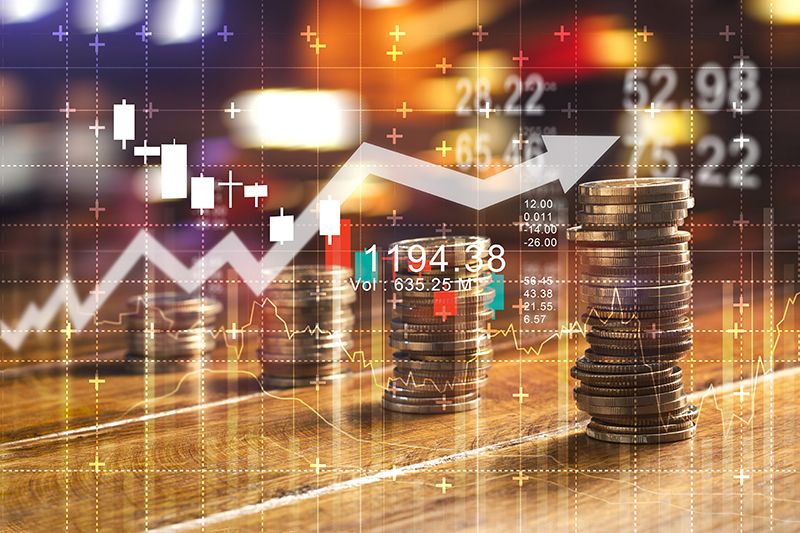
There are many strategies you can implement as a trader, including fundamental and technical analysis. One key part of these trading techniques is the use of an economic calendar. Through understanding the events that can influence a financial instrument and its price movement, an investor can determine their position in the market.
If you’re new to financial trading, or an experienced trader looking to adapt a new strategy, we will explain further how an economic calendar can help you on your investing venture.
What is an economic calendar?
An economic calendar is more than your average calendar, as it presents a schedule of upcoming announcements or events that could impact an individual asset, a sector, or an entire financial market.
It’s an important part of a trading strategy, as scheduled economic events have the potential to impact the market. If an investor knows when these events will happen and the likely effects it will have, they can better prepare themselves and act accordingly.
For example, if you are partaking in online forex trading then the US Non-Farm Payrolls report will be one to monitor, and is guaranteed to be released every month. The market reacts to the data from this report, as it presents the unemployment rate of the nation — a huge indicator of the overall economics of the country, therefore will affect the US dollar currency pairs.
Of course, some events are unpredictable and still can have a major impact on the markets, like the recent coronavirus pandemic. But in general, an economic calendar can bring another perspective to the potential market trends, and help investors to speculate on the forecast of relevant price movements.
How to read an economic calendar
The aim of an economic calendar is to predict the impact of events on related financial instruments. It is a key tool for online trading, and is usually easy to understand.
Although there are variations according to the trading platform you use, there are three main components that you’ll find when reading an economic calendar:
- Country and Event: Most economic calendars will explicitly state the name of the event or announcement, which will define its topic. Investors can use this to determine what assets it’s likely to influence. It will also show the country which the event is related to, which also helps to conclude the instruments it will impact.
- Time: Investors need to act efficiently when there are any changes in the market, therefore timing is particularly important. An economic calendar will give an estimated time of the event, allowing traders to prepare to enter or exit the market within a sufficient amount of time.
- Expected Impact: This is an indication system on the calendar that shows the predicted level of impact the event will have. An investor will have to use their own initiative and research, but the expected impact can help traders estimate if the particular event will affect their investments. In some cases, these are represented by three coloured circles of a low, medium or high level of expected impact.
These components are usually displayed in a column format chronologically, but can be refined by day, week, month or a specific timeframe of dates set by the user.
How do you use it when trading?
An economic calendar is just one tool in an investor’s arsenal, and is most effective when combined with charts, graphs and other indicators as part of a technical strategy. This gives traders a significant amount of data in order to predict the trends of the relevant assets and market.
When trading, the economic calendar will draw together data surrounding an important event such as the name, location, time, relevancy and the related instruments it’s likely to impact.
The majority of financial events will already be scheduled, so an investor can align their trading decisions with the timing and relevancy of the event or announcement. For example, when forex trading, the announcement of interest rates will play a key part in your reaction to the market.
When a central bank determines that interest rates will rise, this can negatively or positively impact the economy, depending on the state of recession of the country in question. This will then have a direct impact on the relevant currency pair, for example the Bank of England will influence the British pound.
The same event can also have an effect on stocks and commodities, as its impact on the forex market can cause investors to turn elsewhere, looking for lower risk investments. Those already investing in those particular assets should therefore be aware of this expected impact on their own trading decisions.
An economic calendar will have a range of events like this, that will help investors to predict the potential performance of financial instruments, sectors and the market as a whole.










